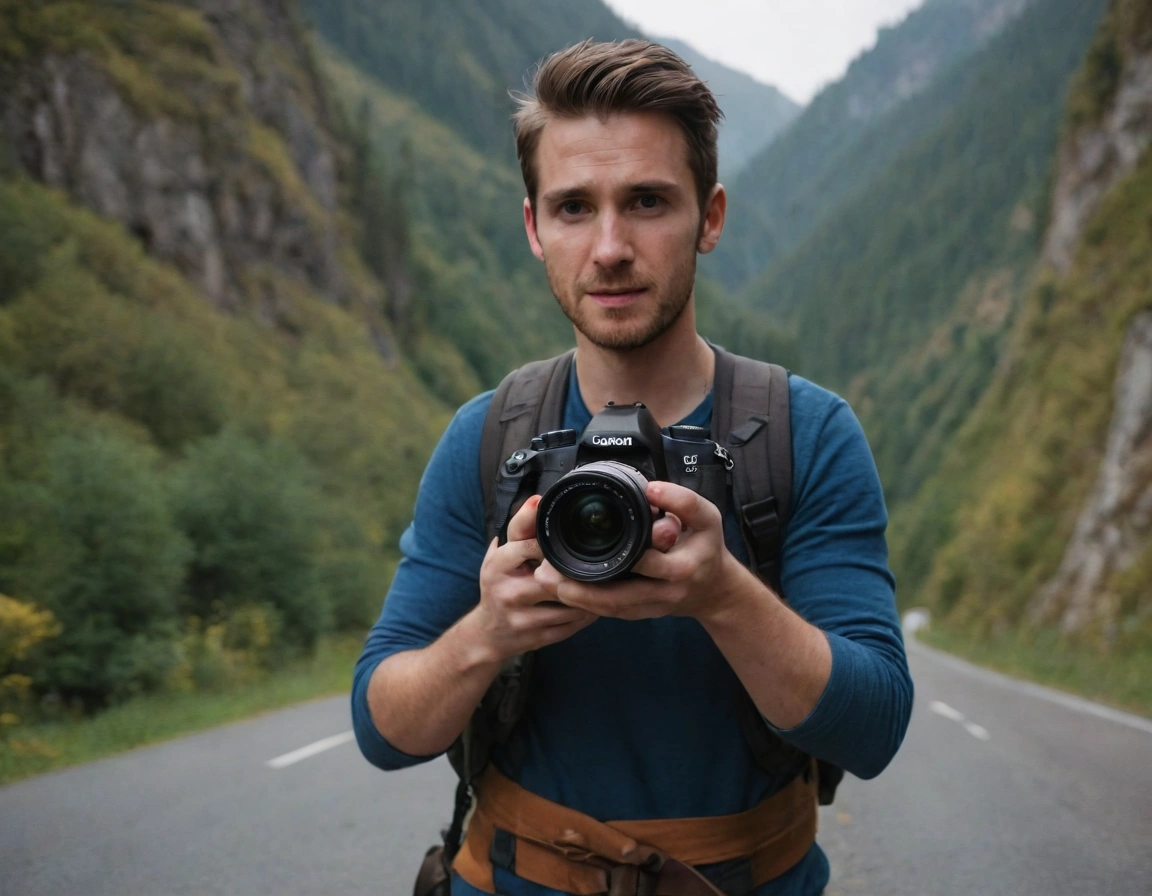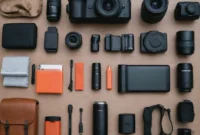How to avoid getting lost while traveling – Navigating unfamiliar cities and foreign lands can be daunting, but with the right strategies, you can avoid getting lost and make the most of your travels. This comprehensive guide will equip you with essential tips and techniques to stay oriented and explore with confidence.
From meticulous planning to leveraging technology, we’ll cover everything you need to know to ensure a seamless and stress-free travel experience.
Staying Oriented
Staying oriented while traveling is crucial to avoid getting lost. Employ these techniques to enhance your navigation skills:
Using Maps and Navigation Apps Effectively
- Carry a physical map as a backup in case of device failure or lack of internet access.
- Download offline maps on your navigation app for areas with limited connectivity.
- Familiarize yourself with the map’s scale, legend, and symbols before setting out.
- Use GPS tracking to pinpoint your location and follow your progress.
Landmarks and Reference Points
Identify prominent landmarks and reference points along your route to help you stay oriented.
- Pay attention to notable buildings, monuments, or natural features.
- Use street signs and traffic signals to navigate intersections.
- Take note of the direction you are facing and use landmarks as reference points.
Tracking Your Location and Staying Aware
Continuously track your location and stay aware of your surroundings to avoid disorientation.
- Use a compass or smartphone compass app to determine your direction.
- Observe the sun’s position to estimate the time of day and general direction.
- Stay alert to changes in your surroundings and note any unfamiliar landmarks.
Communicating and Seeking Help

Getting lost while traveling can be a frustrating and even dangerous experience. One of the most important things you can do to avoid this is to be able to communicate effectively with the locals. This means learning a few basic local phrases, such as “hello,” “goodbye,” “thank you,” and “excuse me.” It also means being able to ask for directions and understand the responses you get.
In addition to learning basic local phrases, there are several other things you can do to communicate and seek help while traveling. These include:
Using Technology, How to avoid getting lost while traveling
- Using a translation app on your phone or tablet.
- Downloading offline maps and language packs for your destination.
- Using a GPS device or app.
- Carrying a phrasebook or dictionary.
Technology can be a great help when you’re traveling, but it’s important to remember that it’s not always reliable. Make sure you have a backup plan in case your phone or other devices fail.
Seeking Assistance
- Asking for directions from locals.
- Asking for help from authorities, such as the police or tourist information office.
- Hiring a tour guide.
If you’re lost and don’t know what to do, don’t be afraid to ask for help. Locals are usually more than happy to help tourists, and authorities and tour guides are trained to assist.
End of Discussion: How To Avoid Getting Lost While Traveling
Remember, staying oriented while traveling is not just about avoiding physical disorientation; it’s about embracing the unknown, immersing yourself in new cultures, and creating lasting memories. By following these tips and staying vigilant, you can unlock the world’s wonders and make your journeys truly unforgettable.
Quick FAQs
How can I effectively plan my trip to minimize the risk of getting lost?
Thorough research, detailed itineraries, and packing essential items are crucial. Consider using travel apps for route planning and offline maps.
What are some key landmarks and reference points to look for when navigating a new city?
Prominent buildings, monuments, parks, and intersections serve as excellent reference points. Pay attention to street signs, maps, and local landmarks.
How can I stay connected and access resources in case of emergencies?
Ensure your phone is unlocked and has a local SIM card or data plan. Download offline maps, translation apps, and emergency contact information.





